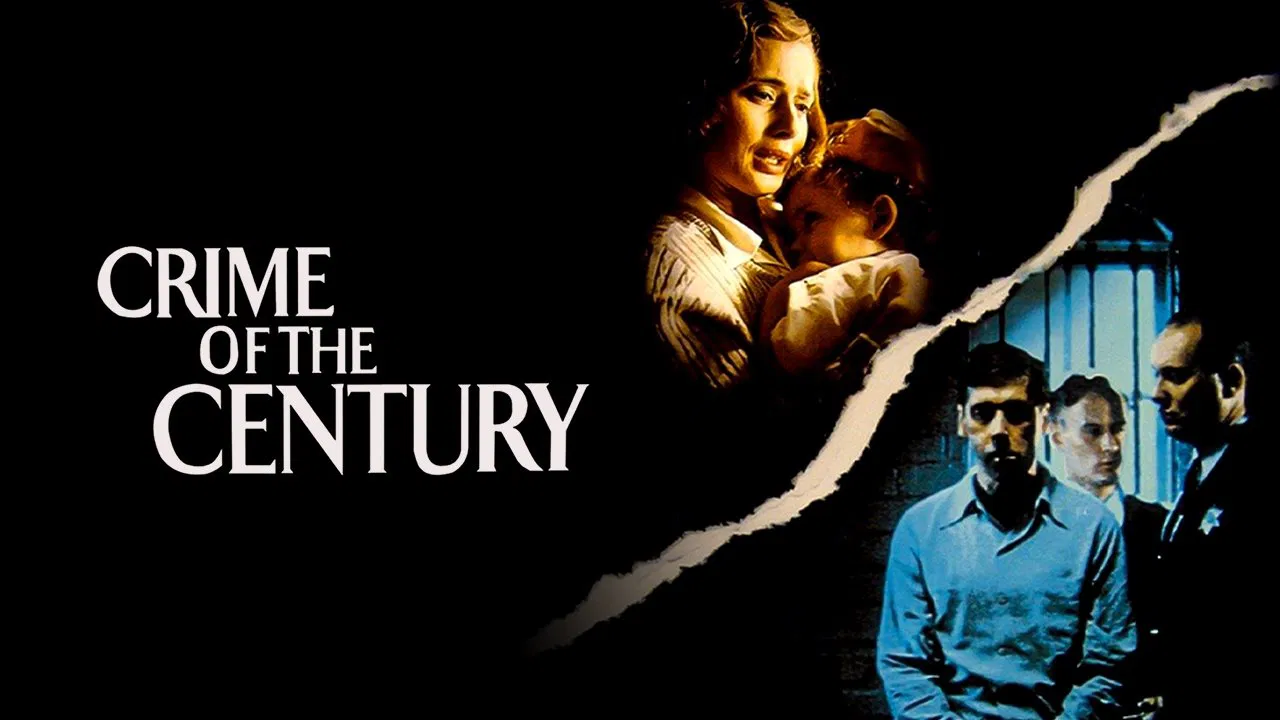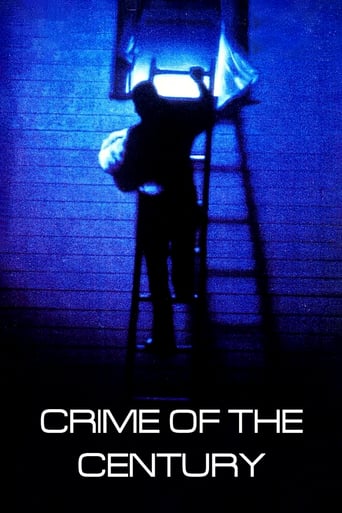


Whether you believe in Bruno Richard Hauptmann's innocence or guilt. As pros are that he says that his wife, Anna was with him the March 1st when the Lindbergh baby was kidnapped and body found in a ditch by a truck driver. Or that like one reviewer says that he was out of work and begin to spend a lot on expensive things and even sent his wife to Germany as he was a petty criminal after serving in WWI stealing stuff and being in prison for robbery. He illegally came to the USA, when the third time was a charm as he was caught two other times. As those are the consBut really trying to portray the kidnapper and murderer of the baby, as he had a child of his own, a boy with Anna. In a sympathetic light. Really what where the movie producers and director thinking?As police corruption and that of beating suspects like Hauptmann and that of feeling pressured by the public to find someone, anybody. Even though I admit that I did not feel bad for Hauptmann, as IMHO he did it with the money and had possibly had an accomplice but that person was not arrested. But still, you feel bad for his wife turned widow Anna and she was so loyal to him to the end. She died in 1994 proclaiming her husband was railroaded to the electric chair in 1936.But Liberal Hollywood wants to make a sympathetic portrayal of a murderer. Really?! What about the victim?
... View MoreThis film, upon seeing the first few minutes, made me feel that it would be just like every other movie portraying a different perspective of the Lindbergh Kidnapping Case. But as the minutes dragged on I realized this was a touching story that makes the viewer really question the true outcome of the case over 50 years ago. This film made me look into the facts of the case, and 'Crime of the Century' portrays a popular and very possible outcome of the true case. For anyone who is an avid follower of the case, this movie is a must see. Rea's performance stirs the viewer to care for the accused Hauptmann and intends to set Bruno Hauptmann's side of the story straight.
... View MoreThis is a great film. Stephen Rea and Isabella Rosellini are wonderful as Hauptmann and his wife. There was a tv film made about the Lindbergh case in 1976 that was very simplistic and accepted the case against Hauptmann at face value. This film, like Ludovic Kennedy's excellent book, dare to be different. As they say in the film, the case against Hauptmann smells like a cesspool. All of the evidence against him was either manufactured or misrepresented. There is no doubt this man was sent to his death because of a diabolical frame up. They do an excellent job of showing it point by point. Hauptmann was beaten by the police. There were only two witnesses at the trial who placed him anywhere near Lindbergh's house. One of them was an old man who was legally blind and the other was a man with a criminal record and a reputation as a pathological liar. Hauptmann's lawyer was an alcoholic who told several people he wanted him executed! Lindbergh claimed he could identify Hauptmann's voice and yet he had only heard the kidnapper say two words over two and a half years earlier. Doctor John Condon who gave the ransom to the kidnapper, testified at the trial it was Hauptmann and yet he failed to identify Hauptmann when he first saw him in a police lineup and then said he was NOT the man he saw. There was evidence the police doctored and forged handwriting samples from Hauptmann to make them appear like the writing on the ransom notes. There have been many experts who said Hauptmann DIDNT write the notes. One key piece of evidence at the trial was a board taken from Hauptmanns closet that had Condon's phone number written on it. I saw an interview once with a member of the jury who said this was the evidence that convinced her the most Hauptmann was guilty. Yet, there was a reporter for a tabloid newspaper who admitted HE had written it in the closet. He said he didn't think anyone would take it seriously because the closet had already been searched. Hauptmann was found with some of the ransom money hidden in his garage. He claimed a man named Fisch had given him the money and then gone back to Germany and died. The newspapers called this "The Fish Story". There is overwhelming evidence there really was a man by this name and he was a known mobster who might have been the real culprit behind the kidnapping. This is a film that should be seen because it tells of a time when justice erred and an innocent man paid with his life.
... View MoreCrime of the Century fails much in the same way the system of justice failed in the prosecution of for the kidnapping and murder of Charles Lindbergh's baby in the 1930s, not enough evidence.I know Mark Rydell (On Golden Pond) to be an extremely sensitive filmmaker and stage director, his motivation here, I'm sure was to present an alternative to Hauptmann's guilt, to entertain ideas that the prosecution may have erred. The evidence was only circumstantial, of the course the crime was horrible, but Hauptmann's execution may have been more a result of public outrage than guilt beyond a reasonable doubt.And he may be right, based on everything I've read, he probably is right. Unfortunately all the probabilities in the world add up to nothing on screen. After only a couple of suppositions the viewer gets so lost in the ultimate goal of the story that he loses interest. I've watched this film 3 times, and lost interest every time.What a waste of terrific actors, including Stephen Rea, J.T. Walsh, Michael Moriarty, Vyto Ruginis, Barry Primus, and Allen Garfield.Without closure, as long we as know as little as we do about what actually happened, maybe this story is best left to the true-crime section of the local bookstore, or Investigative Reports, Dateline, or 20/20. Told this way, in this medium it's a sad waste of time.
... View More